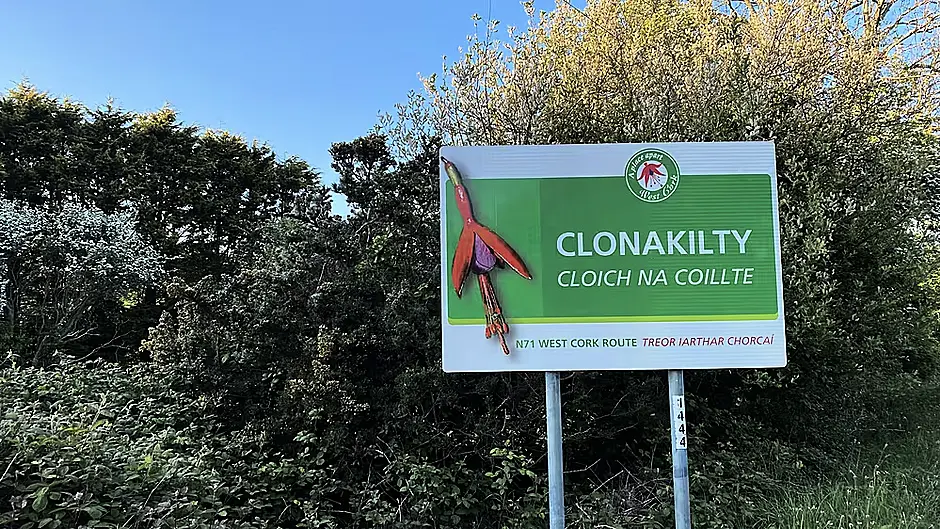Cork County Council has received funding from the National Transport Authority (NTA) to carry out a traffic study for Clonakilty, to assess the long-standing congestion and delays on the N71 bypass.
The study will look at traffic volumes, and use this information to explore options for both the short-term and long-term solutions for the traffic gridlock on the N71, including the potential for a dedicated relief road for Clonakilty.
The news was confirmed this week by Fine Gael Senator Noel O’Donovan.
‘Those of us who use the Clonakilty Bypass are all too aware of the traffic delays. While minor actions have been discussed in the short term, we need to be far more ambitious. This traffic study is the first step in delivering a proper long-term solution.’
Senator O’Donovan said he first raised the issue in an open letter to the CEO of Transport Infrastructure Ireland (TII) in February 2024, and has continued to advocate for the project.
‘What is critical now is that the N71 as a whole is recognised as a priority project in the National Development Plan review. This corridor is vital for West Cork and needs to be treated as such’.
LOCAL IMPROVEMENT SCHEME
Senator O’Donovan also welcomed a significant increase in Local Improvement Scheme (LIS) funding for rural roads and laneways in West Cork, as a further €1,167,898 has been announced in additional funding for Cork roads, bringing the total LIS allocation for Cork to €2.33 million in 2025, one of the highest in the country.
‘This is a real win for rural West Cork’ said O’Donovan.
‘These roads connect farms, homes, and community amenities. They’ve been neglected for too long, and this funding will go a long way to addressing this.’
The LIS supports the improvement of non-public roads that provide access to parcels of land, of which two or more are owned or occupied by different persons, one of which must be for agricultural or harvesting purposes. It also covers non-public roads leading to important community amenities.
The scheme requires a ‘local contribution’ from the beneficiaries of the scheme, of 10% of the net cost of the work for up to five beneficiaries, and 15% for those with more than six. Provided that all beneficiaries are contributing to the cost of the works, the maximum amount that any beneficiary is required to contribute is capped at €1,200.
Local authorities will work with residents and landowners to prioritise eligible roads, with all works to be completed by the end of 2025.
Senator O’Donovan concluded that ‘whether it’s a bypass in Clonakilty or a rural laneway in Drinagh, we need proper investment in our local infrastructure.’







